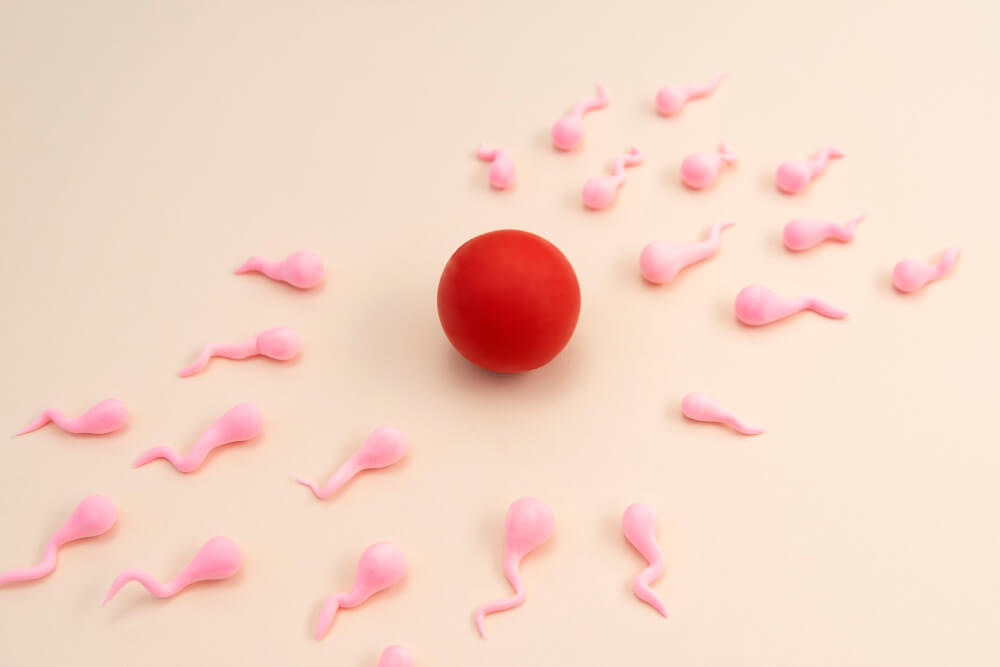What Is Considered a Normal Period Flow?

What Is Considered a Normal Period Flow?
A normal menstrual period can vary significantly from person to person, but there are general guidelines that help determine what is typically considered normal. Understanding what constitutes a normal period flow is essential for maintaining reproductive health and recognizing potential signs of underlying health conditions.
1. Duration of Menstrual Flow A normal period typically lasts between 3 to 7 days. Some people may have shorter or slightly longer periods, and this can still be considered normal if it is consistent for the individual.
2. Frequency of Menstrual Cycle The menstrual cycle is counted from the first day of one period to the first day of the next. A normal cycle ranges from 21 to 35 days. Variations within this range are common and usually not a cause for concern.
3. Volume of Blood Loss Normal menstrual blood loss is typically between 30 to 80 milliliters (about 2 to 6 tablespoons) per cycle. Heavier bleeding may require changing a pad or tampon every 1-2 hours, and this could be a sign of menorrhagia (excessive bleeding).
4. Characteristics of Menstrual Blood Normal menstrual blood may include small clots and can range in color from bright red to dark brown. Large clots (larger than a quarter) or grayish tissue may warrant medical attention.
5. Symptoms Associated with Period Flow Some cramping, mood changes, and mild discomfort are common. However, symptoms such as severe pain, nausea, or excessive fatigue can indicate conditions like endometriosis, fibroids, or hormonal imbalances.
6. When to See a Doctor Consult a healthcare provider if you experience:
-
Periods that last longer than 7 days
-
Very heavy bleeding (soaking through pads/tampons every hour)
-
Irregular cycles or missed periods
-
Extremely painful periods
-
Any sudden changes in your normal cycle
Conclusion While "normal" can vary, tracking your own cycle helps you identify patterns and notice when something is off. If in doubt, it's always wise to consult a healthcare professional for evaluation and guidance.
Related Articles

Baby development at 39 weeks

How to Share the News: Announcing Your Pregnancy in the First Trimester

Baby development at 23 weeks

Baby development at 2 weeks

Building a Routine That Respects Your Body

Understanding Fertility and the Path to Conception

Baby development at 20 weeks

Baby development at 1 week